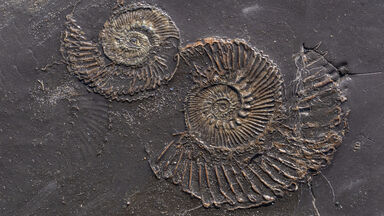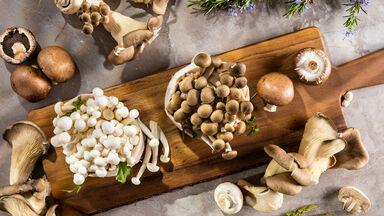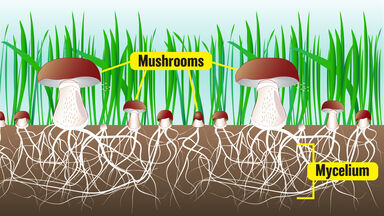Mold Definition
(law) Abbreviation of Moldova.
Other Word Forms of Mold
Noun
Origin of Mold
-
From Middle English mowlde, noun use and alteration of mowled, past participle of moulen, mawlen (“to grow moldy"), from Old Norse mygla (compare dialectal Danish mugle), from Proto-Germanic *muglōnÄ…, diminutive and denominative of *mukiz 'soft substance' (compare Old Norse myki, mykr (“cow dung")), from Proto-Indo-European *meuk- 'slick, soft'. More at muck and meek.
From Wiktionary
-
From Old English molde, from Proto-Germanic *muldō "˜dirt, soil' (compare Old Frisian molde, Middle Dutch moude, Dutch moude, obsolete German Molte, Norwegian mold), from Proto-Indo-European *mlÌ¥-tā (compare Old Irish moll "˜bran', Lithuanian mìltai "˜flour'), from *mel- (compare English meal). More at meal.
From Wiktionary
-
Middle English molde from Old French modle, molle from Latin modulus diminutive of modus measure med- in Indo-European roots
From American Heritage Dictionary of the English Language, 5th Edition
Middle English moulde probably from past participle of moulen to grow moldy from Old Norse mygla
From American Heritage Dictionary of the English Language, 5th Edition
-
Middle English from Old English molde melə- in Indo-European roots
From American Heritage Dictionary of the English Language, 5th Edition
-
Via Middle English and Old French, from Latin modulus
From Wiktionary
Find Similar Words
Find similar words to mold using the buttons below.





